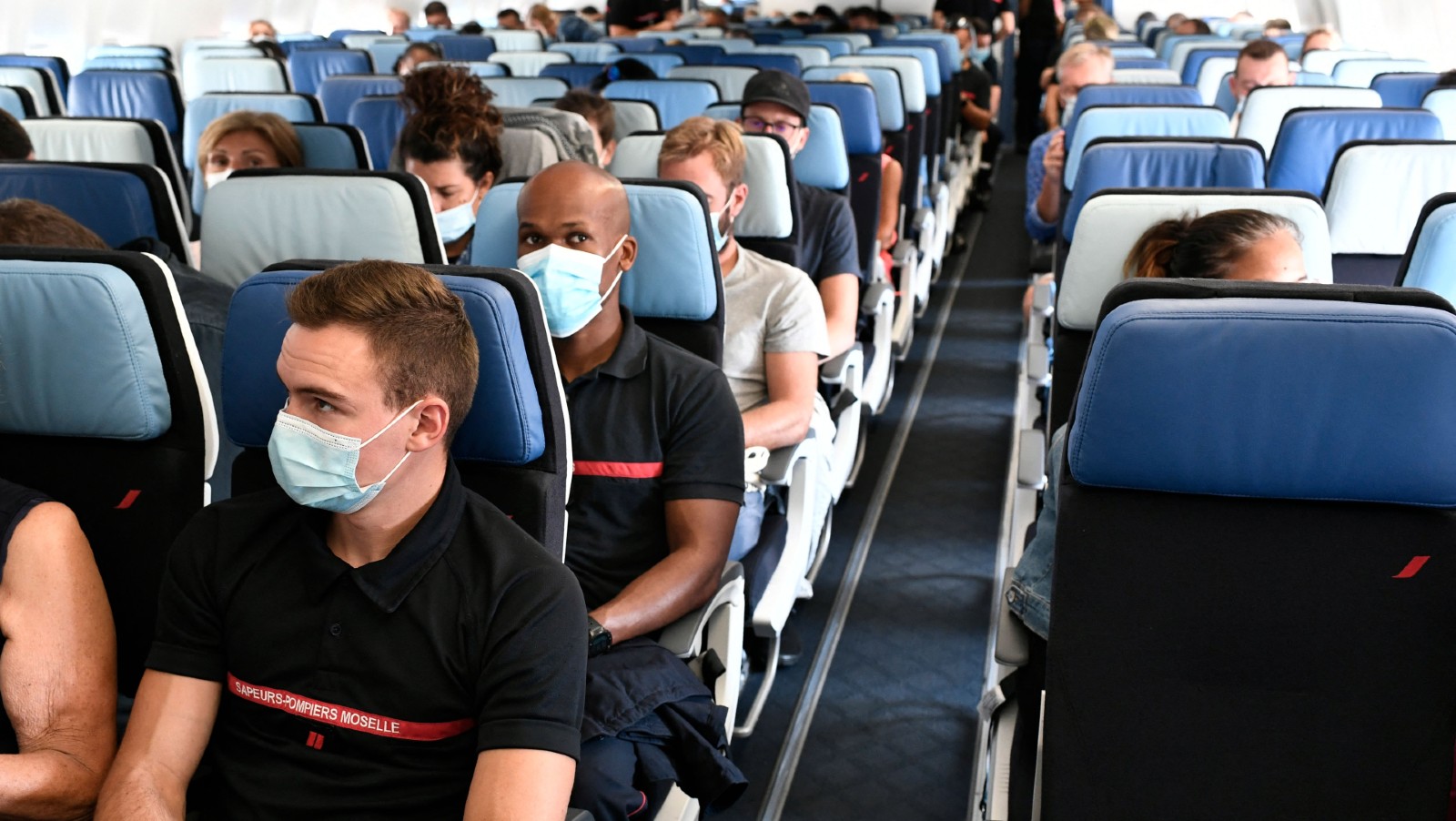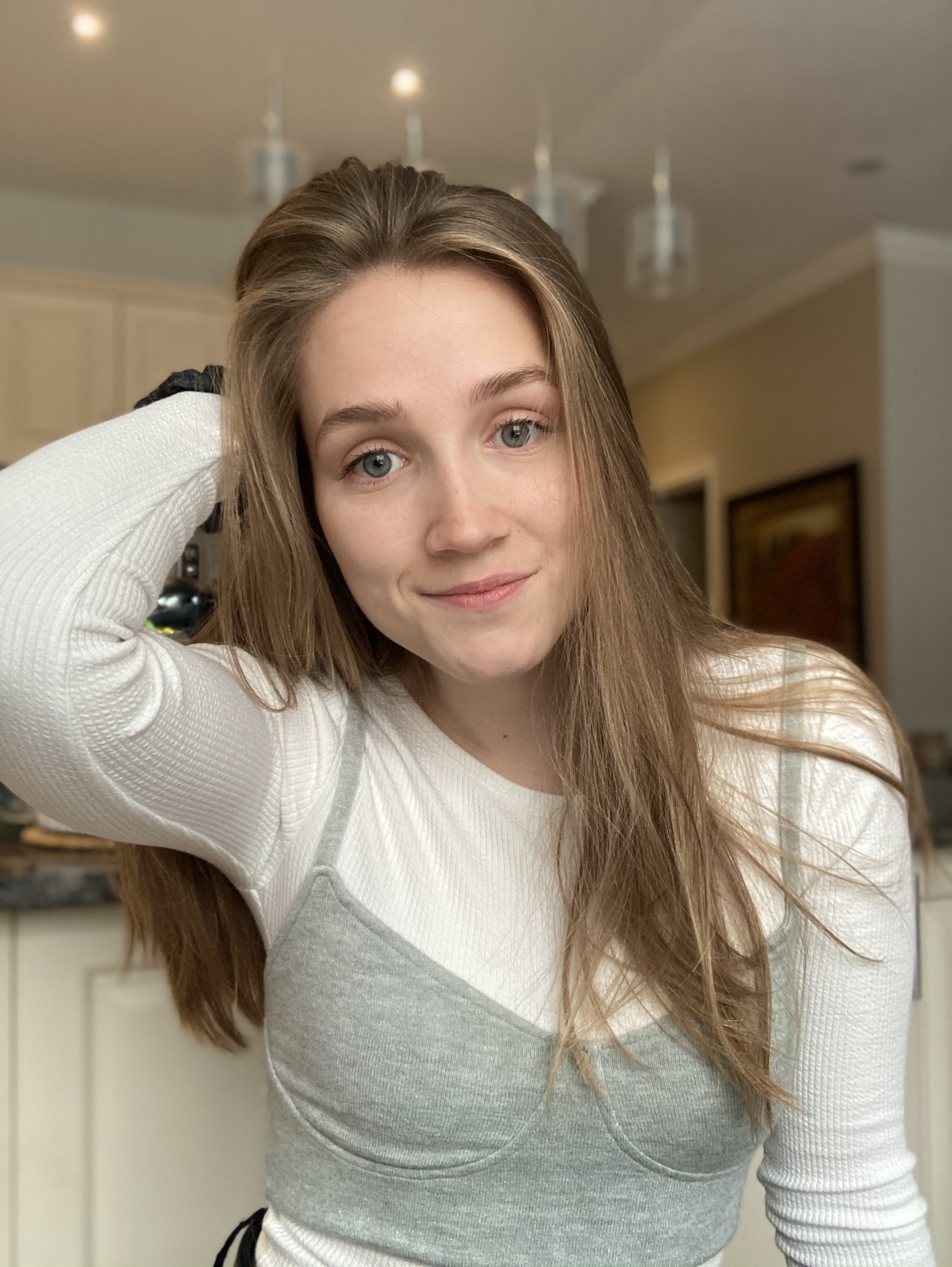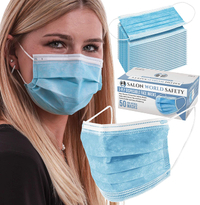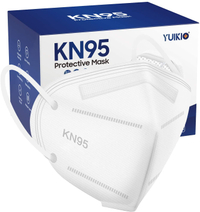Fabric masks will be banned from certain airlines—here’s how to prepare
Before traveling, be sure to check your airline’s mask policy as some have been updated


Most public transportation—including airlines—still requires people to wear a face mask while traveling.
As COVID-19 cases start to rise in certain areas, some major airlines have now begun banning fabric face coverings onboard.
Finnair is the latest airline to ban fabric face coverings from its flights. Any passengers looking to travel with the airline must wear “surgical masks, FFP2 or FFP3 respirator masks without a valve or other valve-free masks with the same standard (N95),” according to a tweet by the airline.
Starting 16 August, we will no longer accept fabric masks on our flights. We accept surgical masks, FFP2 or FFP3 respirator masks without a valve or other valve free masks with the same standard (N95). Please remember you need to wear a mask throughout the entire journey. pic.twitter.com/Am4SxtT1G3August 13, 2021
You might also like...
Best reusable face masks—where to buy stylish face coverings that won't ruin your outfit
The reasoning behind the change in policy has to do with the amount of protection fabric masks provide compared to a N95 surgical mask.
“The safety of our customers and employees is our first priority. Fabric masks are slightly less efficient at protecting people from infection than surgical masks," Finnair said in a statement.
Finnair joins an increasing number of airlines that have begun banning fabric face masks onboard, including Air France and Lufthansa.
“It is mandatory to wear a surgical mask or an FFP1, FFP2, or FFP3 type mask, without an exhaust valve, on board,” wrote Air France in a statement. Cloth mask is also listed under “unauthorized masks” along with “masks with exhaust valves.”
Sign up for the woman&home newsletter
Sign up to our free daily email for the latest royal and entertainment news, interesting opinion, expert advice on styling and beauty trends, and no-nonsense guides to the health and wellness questions you want answered.
Masks permitted on most flights
Surgical masks: these masks feature an absorbent material that helps protect and prevent the spread of saliva particles. Since it's also typically made with three-layers of material, air can properly be filtered as you inhale and exhale.
TCP Global Salon World Safety Sealed Dispenser Box of 50 Face Masks, $13.99 (Soyes £4.99) | Amazon
These disposable masks are made with three layers of ply-protective material for a more absorbent and comfortable fit.
N95 masks: This style usually has around five-layers of protection to filter the air you're breathing. These also are made with non-woven fabrics and instead use a polypropylene material to filter air.
Yukio KN95 Face Masks, $29.99 (FiGoal £8.66) | Amazon
Travel safely using a mask designed with two layers of non-woven fabric, two layers of melt-blown cloth, and one layer of hot air cotton.
Do you really need travel insurance?

It may feel like an extra expense but travel insurance can give you peace of mind should the worst happen when you are travelling. The best travel insurance policies should cover most things, from emergency medical expenses and repatriation to flight delays and trip cancellations. You can even choose policies specifically tailored to your type of trip, such as cruise or backpacking insurance.
In the US several domestic airlines have also started banning face cloths on flights, such as bandanas and scarves. Delta Airlines lists bandanas, scarves, masks with exhaust valves, and any masks with slits, punctures, or holes as prohibited masks.
United Airlines also prohibits bandanas as well as face shields, which, “alone does not count as a face covering,” according to a statement by the airline.
While a cloth mask may be allowed, other domestic airlines including American Airlines, Southwest, JetBlue, and Hawaiian Airlines have banned masks such as balaclavas, bandanas, exhaust valves, scarves, and gaiters. Depending on the airline you’re flying with will determine what is acceptable on board.
Masks no longer allowed on most airlines
Cloth masks: Masks made from fabric like cotton and silk are considered cloth masks. Most fashion and statement masks do not use the same material as surgical and N95 masks, which help filter the air you breathe in and exhale out.

Neck gaiters and bandanas: Neck gaiters and bandanas are also unacceptable on most airlines as they do not supply enough filtration. Surgical and N95 masks help prevent the spread of saliva particles through the air, whereas a neck gaiter and bandana typically have thin cotton or spandex-like material.
Rylee is a U.S. news writer who previously worked for woman&home and My Imperfect Life covering lifestyle, celebrity, and fashion news. Before joining woman&home and My Imperfect Life, Rylee studied journalism at Hofstra University where she explored her interests in world politics and magazine writing. From there, she dabbled in freelance writing covering fashion and beauty e-commerce for outlets such as the TODAY show, American Spa Magazine, First for Women, and Woman’s World.
-
 Concerned about Netflix’s Adolescence? You’re not alone - here’s how I approached toxic masculinity with my son
Concerned about Netflix’s Adolescence? You’re not alone - here’s how I approached toxic masculinity with my sonPlus three mums share their experience
By Debra Waters
-
 Small acts of kindness to brighten someone's day
Small acts of kindness to brighten someone's dayThese little acts of kindness and thoughtful gestures can truly create a positive impact
By Anna Paul

